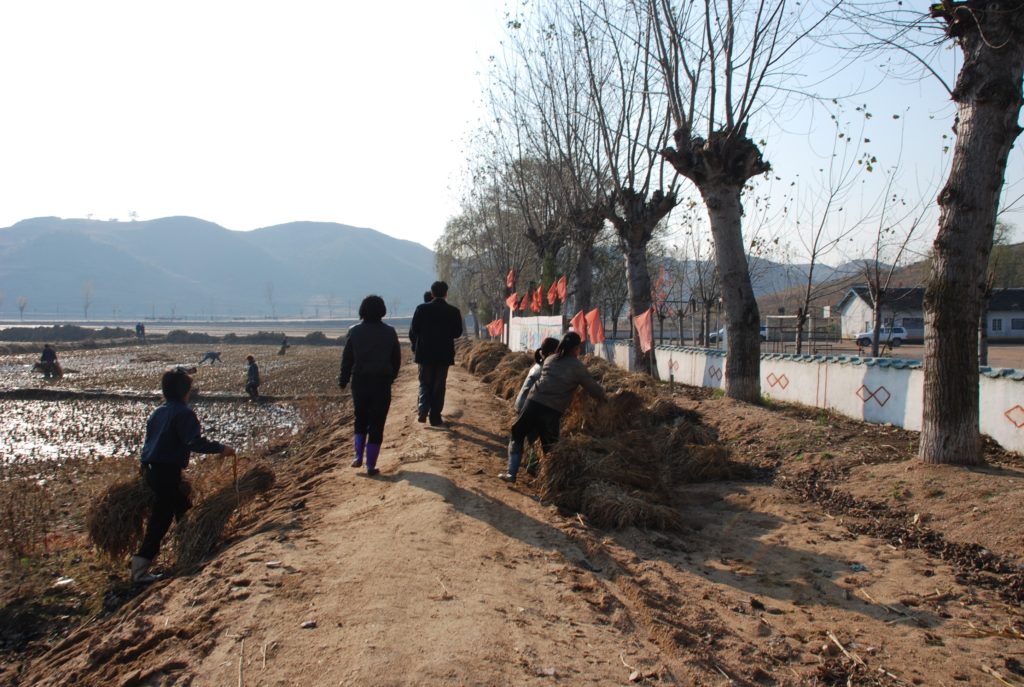The Peninsula
The Dilemma of Humanitarian Work in North Korea

By Mark Tokola
The McClatchy news service carried an article on March 1 titled “Global charity stops medical grants to North Korea over doubts about use of aid.” The article described a decision by The Global Fund to stop providing malaria and tuberculosis aid to North Korea because of concerns that the assistance was being diverted by the North Korean regime instead of being given to North Koreans who need it. The story highlights a dilemma long faced by humanitarian organizations who attempt to provide assistance to North Korea: does the humanitarian value of the assistance outweigh the burden of the conditions imposed by the North Korean government and the risks that the government will divert it only to benefit the Army or party loyalists?
There is no easy answer. Different humanitarian organizations have come to different conclusions: some have stuck it out in North Korea and done their best to see that their aid reaches its intended recipients. Others have given up and pulled out. The ones who have stayed and continued to provide assistance argue that it doesn’t matter if the North Korean regime takes the credit, or even if it decides who receives the assistance — saving a life is saving a life, whether it is a poor villager or a Party loyalist or a North Korean soldier. Apart from the ethical imperative of helping whoever they can, there is the practical consideration that preventing the spread of infectious diseases (such as multi-drug resistant tuberculosis) benefits everyone, including South Koreans, Chinese, and others who may be in the path of an epidemic. There is also a hopeful assumption that providing assistance can create international goodwill, even among regime stalwarts, easing tensions and reducing the risk of conflict.
Organizations that have given up on North Korea argue that if their mandate is to provide aid to those who need it most, and if the North Korean government makes it impossible to do so, then they have little choice other than to refocus their efforts on countries in which they can have more control over their efforts. As a concrete example, it has been reported by some organizations that the North Korean government would not allow them to provide help to anyone who could not produce a government identification card and the cards were withheld from populations not favored by the government. Allowing the government to screen who and who could not receive assistance was an unacceptable condition. According to the McClatchy article, the situation may even have been worse regarding Global Fund assistance. Their concern was that North Korea was diverting and selling their medical supplies, earning a profit for the regime without benefiting the North Korean people.
The root of the humanitarian dilemma is that the North Korean government is prepared to hold its own people hostage. Are international humanitarian organizations prepared to stand by and allow North Korean people to die of disease or malnutrition?,The awful implication is that the North Korean government is prepared to do exactly that by placing a higher priority on funding its nuclear weapons program instead of adequately funding its clinics or modernizing its agricultural sector. Whether to give in to such hostage taking by the North Korean regime is a difficult decision, particularly for organizations whose purpose is to alleviate suffering.
Mark Tokola is the Vice President of the Korea Economic Institute of America. The views expressed here are his own.
Photo from the European Commission DG ECHO’s photostream on flickr Creative
